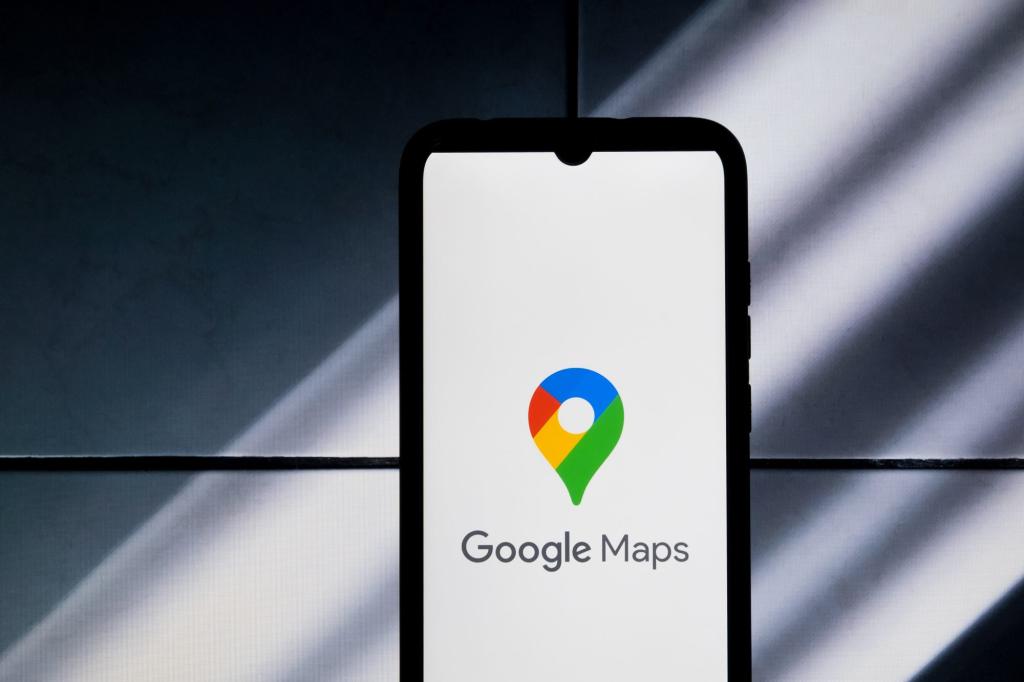The digital cartographic landscape is poised for a significant alteration, reflecting a renewed emphasis on American nomenclature under the Trump administration. Google Maps, the ubiquitous navigation and mapping platform, has confirmed its commitment to incorporating forthcoming changes to U.S. geographic names, specifically the renaming of the Gulf of Mexico to the Gulf of America and the reversion of Mount Denali’s name back to Mount McKinley. This decision follows President Trump’s directive to the Department of the Interior to implement these changes, marking a symbolic shift in the nation’s geographical identity. Google’s adherence to official government sources for name updates underscores the interplay between political decisions and their representation in digital spaces, highlighting the fluid and often contested nature of place names.
Google’s stated policy of reflecting officially recognized names underscores a complex dynamic between political authority, geographical nomenclature, and digital representation. The company’s commitment to updating its maps to reflect the changes once they are officially implemented by the Department of the Interior signifies its role as a purveyor of official, albeit potentially contested, geographic information. This practice raises questions about the balance between reflecting official designations and acknowledging historical and cultural context, particularly in cases where name changes are imbued with political symbolism. The case of Mount Denali, renamed to honor President McKinley in 1917 and then restored to its traditional Athabascan name in 2015, exemplifies the layered meanings embedded within geographical names and the significance of their evolution over time.
The renaming of the Gulf of Mexico to the Gulf of America carries significant symbolic weight, potentially reflecting a renewed focus on national identity and a desire to assert American influence. This change, while supported by the current administration, may face resistance from various sectors, including those who see it as a departure from established geographical convention and a potentially divisive move. The Gulf of Mexico’s current name reflects its historical connections to multiple nations and cultures, and altering it to the Gulf of America could be interpreted as a symbolic assertion of U.S. dominance over the region, potentially impacting international relations and perceptions of American foreign policy. The renaming process and the subsequent updates on platforms like Google Maps will likely spark public debate about the historical, cultural, and political implications of such changes.
Google’s handling of the Denali/McKinley naming controversy underscores its global approach to geographical nomenclature, reflecting the diverse perspectives on place names and striving to maintain accuracy while respecting local sensitivities. The company’s statement that users outside the U.S. will continue to see both names, “Mount Denali (Mount McKinley),” acknowledges the existence of multiple naming conventions and avoids taking a definitive stance in a potentially contentious issue. This approach aligns with Google’s broader strategy of providing localized information to its global user base, accommodating differing linguistic and cultural perspectives on geographical designations. By presenting both names, Google acknowledges the historical and cultural context surrounding the mountain, while simultaneously reflecting the official U.S. government designation.
The anticipated changes to Google Maps underscore the platform’s influence in shaping public understanding of geography and its role as a mediator between official designations and public perception. As a primary source of geographical information for millions of users worldwide, Google Maps wields considerable power in shaping how people perceive and interact with the world. By incorporating these changes, the platform becomes a key actor in disseminating the new nomenclature, effectively reinforcing the Trump administration’s vision of American geographical identity. This highlights the significant role that digital platforms play in shaping public discourse and the importance of their transparency and accountability in handling potentially controversial information.
The renaming of prominent geographical features like the Gulf of Mexico and Mount Denali has far-reaching implications, extending beyond mere cartographic updates and touching upon issues of cultural identity, historical memory, and political symbolism. These changes reflect a broader trend of political influence on geographical nomenclature, a practice observed across history and cultures. The decision to rename these landmarks will likely continue to generate debate and discussion about the relationship between political power, cultural heritage, and the digital representation of space. As Google Maps and other digital platforms adapt to these changes, they will play a crucial role in shaping public understanding of these contested spaces and mediating the ongoing dialogue about their significance.










